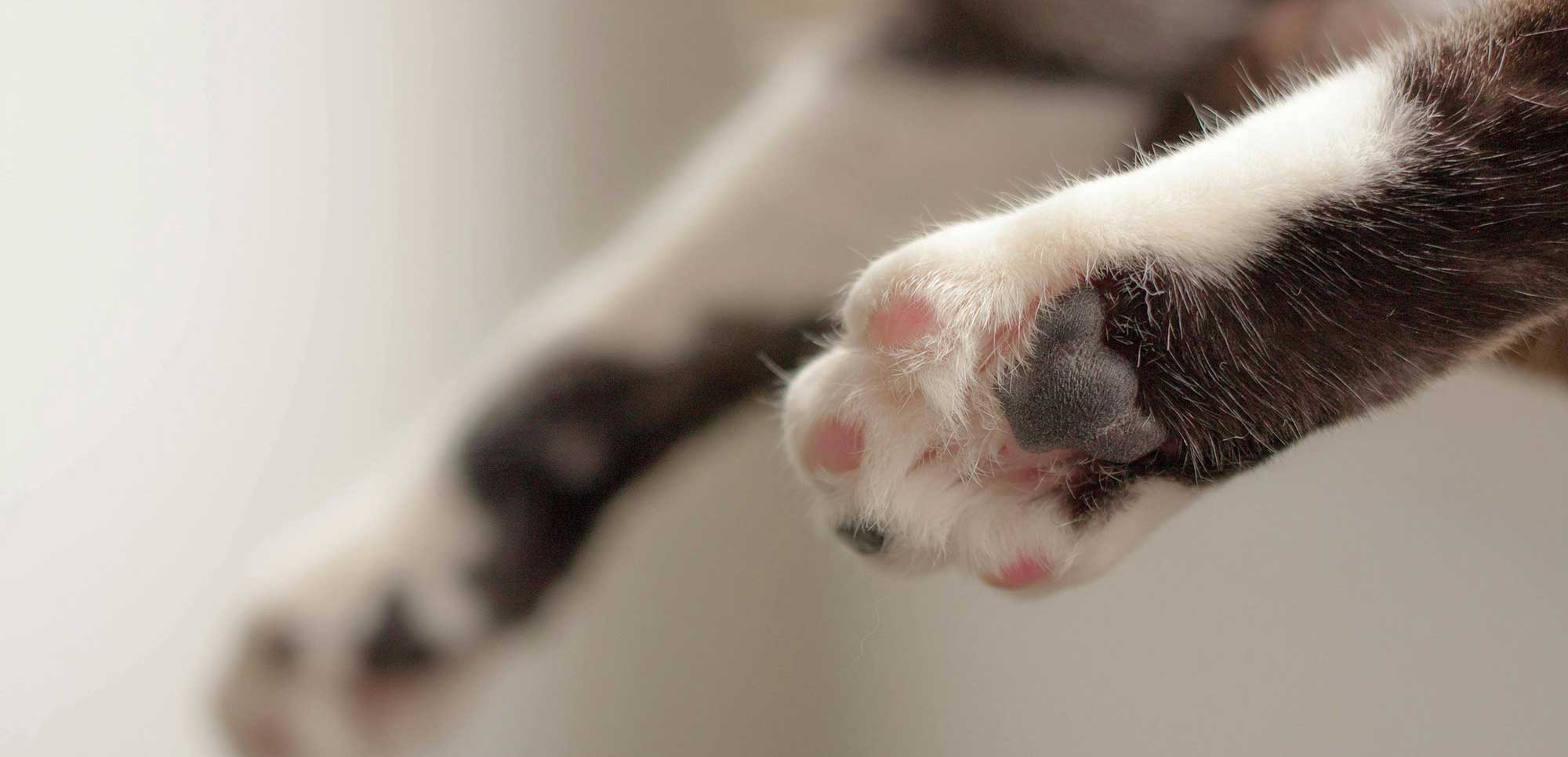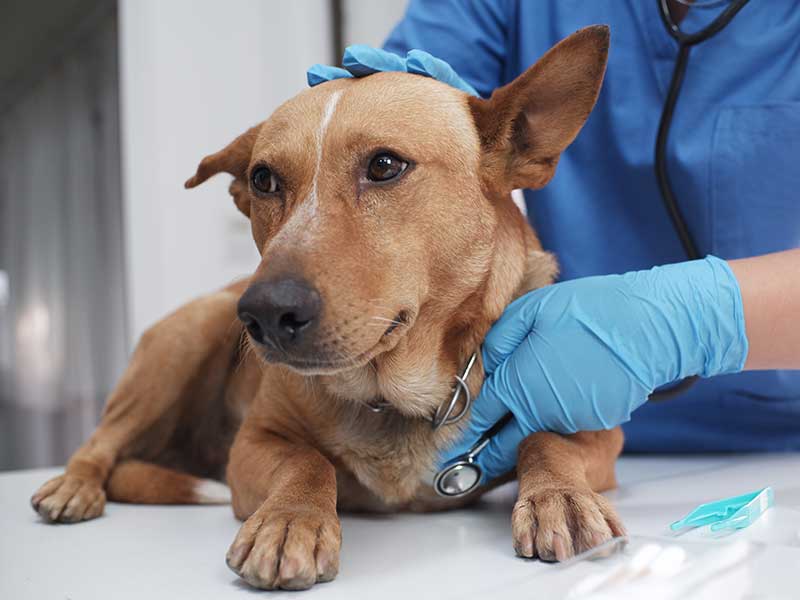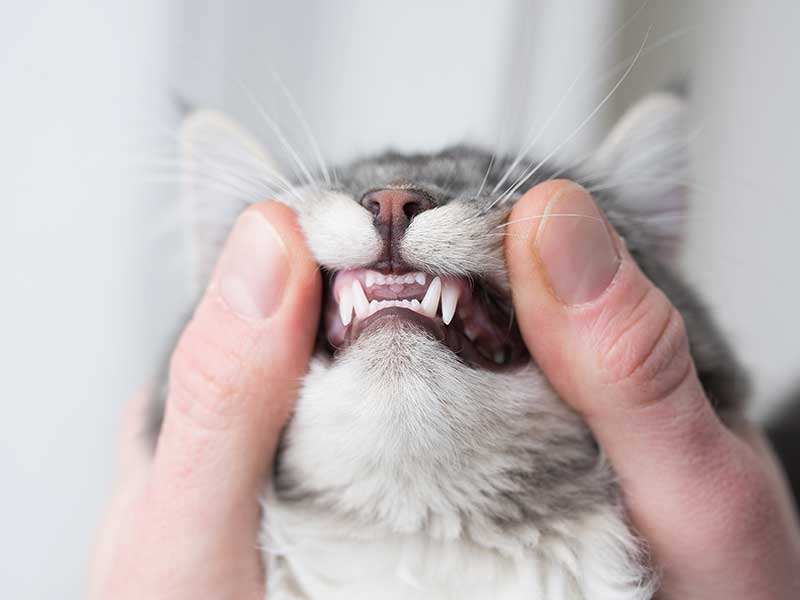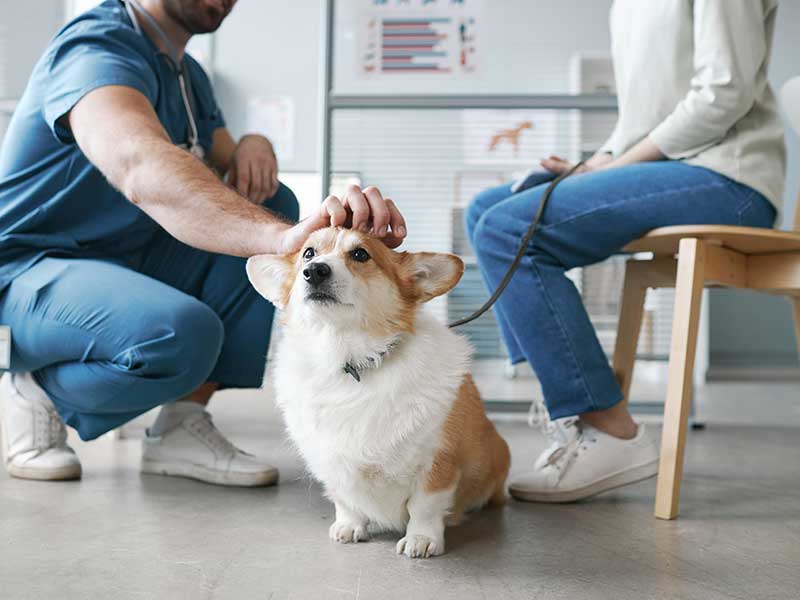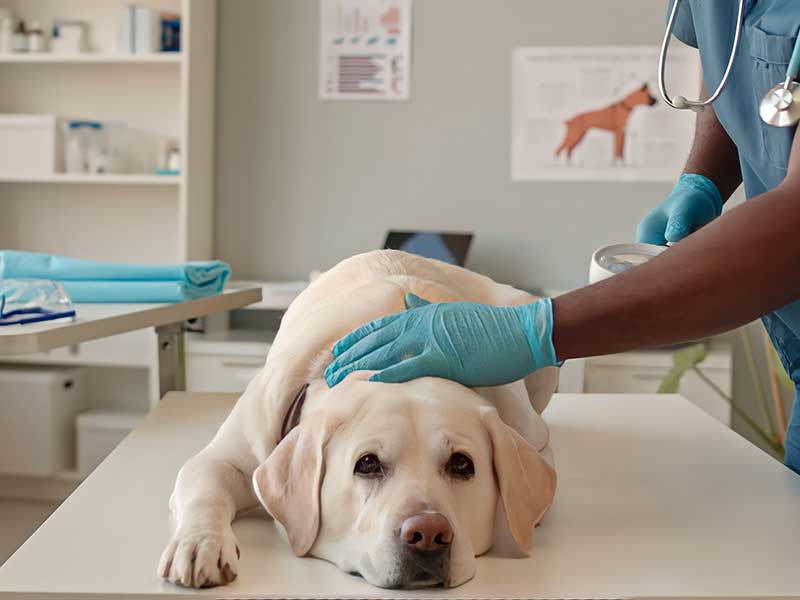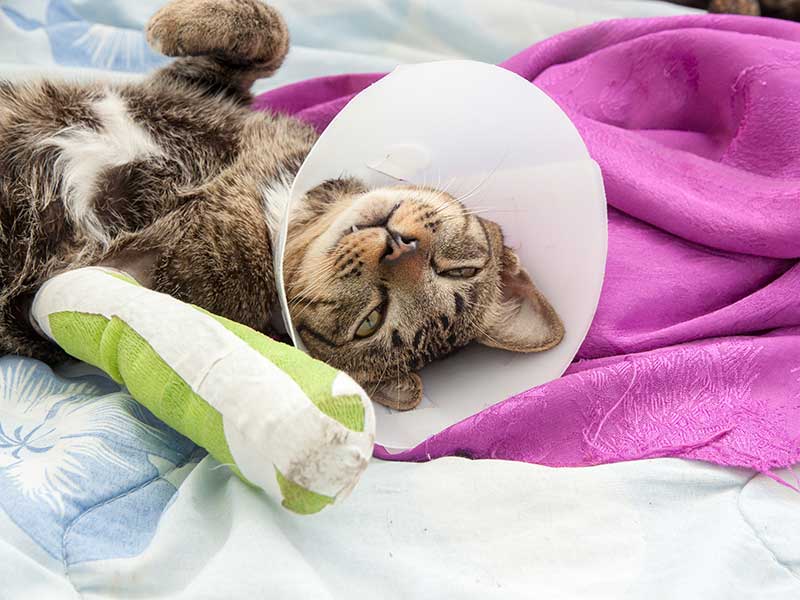At our AAHA-accredited facility, we offer a wide range of advanced veterinary services to keep your furry family members healthy and happy throughout their lives. Every patient is treated with compassion and with the highest quality of care.
The foundation for any pet’s health is preventive care—including wellness exams, vaccinations, dental cleanings, and monthly preventives. At Westside Animal Hospital, we provide veterinary services that help pets stay happy and healthy at every stage of life.


Pharmacy and Pet Food
We provide medications and other care supplies for pets in our hospital. We also offer these convenient ways to order prescription medications and food refills online, delivered directly to your door:

